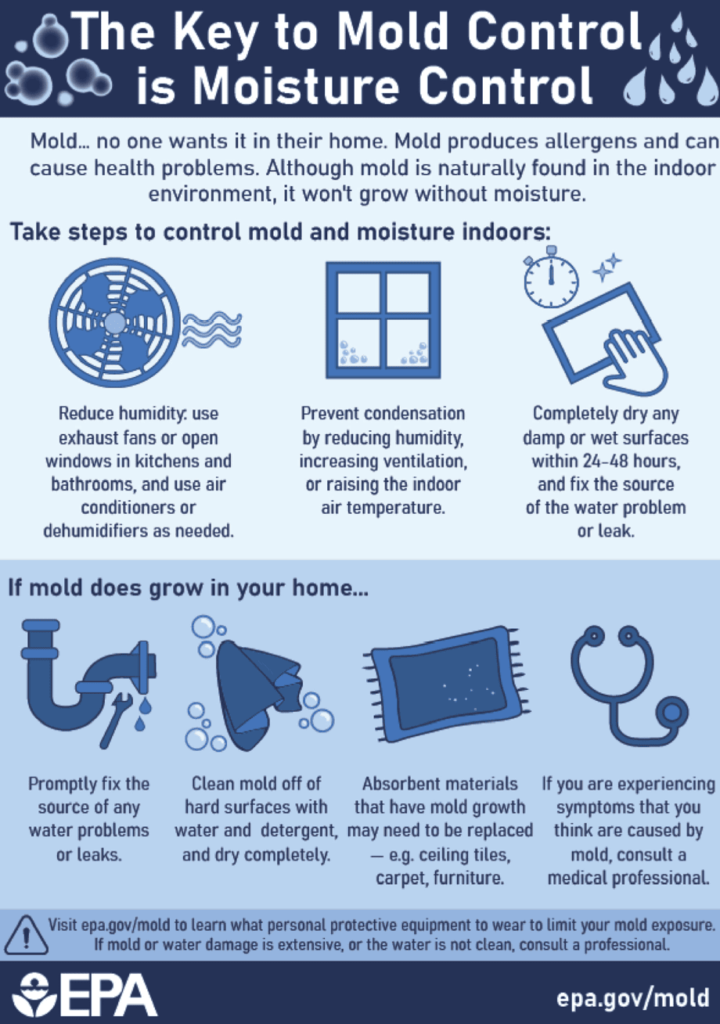
Kitchen mold can be a common issue in many homes. In this article, we will explore effective solutions to prevent and get rid of mold in your kitchen. Learn how to keep your kitchen clean and mold-free.
Identifying and Preventing Kitchen Mold Growth
Identifying and Preventing Kitchen Mold Growth
Mold growth in the kitchen can be a common issue faced by many homeowners. It is important to identify the signs of mold early on to prevent it from spreading and causing further damage. Here are some tips to help you identify and prevent kitchen mold growth:
1. Inspect for Water Leaks: Check for any water leaks under the sink, around the refrigerator, or near the dishwasher. Mold thrives in damp and humid environments, so fixing any leaks promptly can help prevent mold growth.
2. Keep the Kitchen Dry: Make sure to wipe down countertops, sinks, and any other surfaces that may be prone to moisture regularly. Proper ventilation in the kitchen can also help reduce humidity levels and prevent mold growth.
3. Store Food Properly: Keep food items in airtight containers to prevent mold spores from contaminating your food. Check for any expired or spoiled food regularly to avoid mold growth.
4. Clean Regularly: Regular cleaning of kitchen appliances, cabinets, and other surfaces can help prevent mold growth. Use mold-resistant cleaning products and make sure to dry surfaces thoroughly after cleaning.
5. Monitor for Signs of Mold: Keep an eye out for any signs of mold, such as musty odors, discolored patches on walls or ceilings, or black spots in damp areas. If you suspect mold growth, take action immediately to address the issue.
By following these tips and being proactive in identifying and preventing kitchen mold growth, you can maintain a healthy and mold-free environment in your home.
Frequently Asked Questions
What are the common causes of mold growth in kitchens?
The common causes of mold growth in kitchens include excess moisture, poor ventilation, leaks, and food residues.
How can I prevent mold from appearing in my kitchen?
To prevent mold from appearing in your kitchen, you should:
- Keep humidity levels below 60%
- Fix any leaks promptly
- Ventilate well during and after cooking
- Clean and dry all surfaces regularly
What are the potential health risks associated with kitchen mold exposure?
Exposure to kitchen mold can lead to respiratory issues, allergies, and exacerbate asthma symptoms.
In conclusion, kitchen mold can be a common issue that homeowners face, but with the right knowledge and techniques from Mold Solutions Guide, it can be effectively prevented and remediated. By understanding the causes of mold growth in the kitchen, implementing proper ventilation, moisture control, and regular cleaning practices, you can maintain a mold-free environment in your home. Remember, early detection and swift action are key in tackling kitchen mold to ensure a healthy living space for you and your family. Stay informed, stay proactive, and say goodbye to mold problems in your kitchen!
![]()